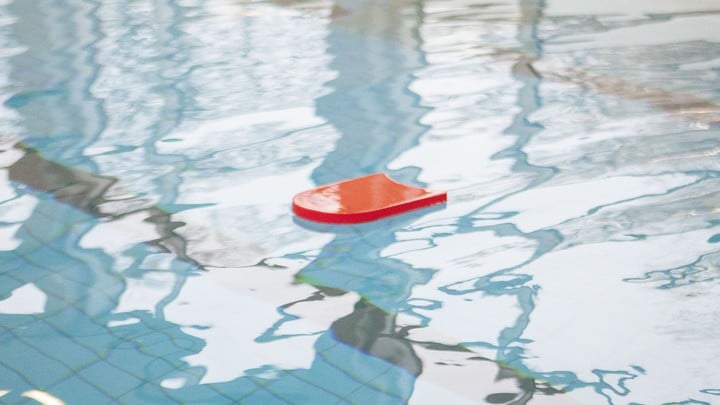During the Coronavirus Pandemic, is it Safe to Use the Pool?

It’s officially summer weather in South Florida, and normally at this time of the year, specially when kids are at home from school vacations, and many families are eager to head to the pool for a good time, but now a question rises during the COVID-19 pandemic: is it safe to use the pool during these times?
It is undeniable that things are looking different now. People can’t get together the way we did before, anywhere, but is it the same for pools? There are some safety guidelines we should follow even on a pool environment. Getting a crowd inside a pool will not do any good during the pandemic, but how about the pool itself? We did our research, and here’s what we found out:
Rather than a lazy day of chit-chatting with your toes in the water or chicken fighting with others, if you want to swim, you should do just that — and little else. While properly treated pools themselves are quite safe from the virus, close contact with others above water or in locker rooms comes with risks.
The coronavirus doesn’t spread through water
When it comes to viruses being passed through water, the ones experts worry about are those that are excreted in urine and feces and then accidentally ingested by swimmers, however, there are three key reasons why that’s not a concern with the novel coronavirus, according to experts.
First, it’s a respiratory, not water-borne, illness, meaning it spreads when spit droplets fly through the air. Once they hit the water, they’re likely diluted enough to no longer be an issue according to epidemiologists.
Then because it’s a respiratory virus, you’ll only contract the disease if you inhale it. Swallowing the virus will not cause you any harm, just in case it is on the water you are swimming on, but then again, and this is the third reason, if you are on a pool treated with chlorine, the coronavirus will represent no threat, since it would just be killed by the chlorine.
According to the Centers for Disease Control and Prevention, “there is no evidence that the virus that causes COVID-19 can be spread to people through the water in pools, hot tubs, spas, or water play areas.” It says that treating these types of facilities with chemicals including chlorine should “should inactivate the virus in the water.”
Chlorinated pools, in particular, pose very little risk from swimming because these viruses are very susceptible to chlorine disinfection. The bigger risk from all of these activities would be from interacting with others who are talking, coughing, or sneezing nearby.
Keep moving, maintain your distance, and avoid locker rooms
The risks with swimming come down to how close you are to others and for how long. To stay safe, you want to avoid breathing on others, especially since you can’t wear a mask. The best ways to do that are to keep moving and to maintain distance between you and other swimmers.
It’s even better if you can choose an outdoor pool over an indoor one, since the virus prefers enclosed spaces.
It’s also a good idea to avoid the locker room, where you may not only be in close proximity to maskless strangers, but also indoors and touching surfaces like doorknobs and shower handles that can harbor the virus.
Many pools that are open are taking these precautions out of swimmers hands by instituting rules that enforce them. In Florida, for instance, lap swimmers can exercise in pools while following precautions like remaining six feet from other swimmers, limiting their time to one hour, and being prepared to swim only, since the showers and locker rooms are closed.





